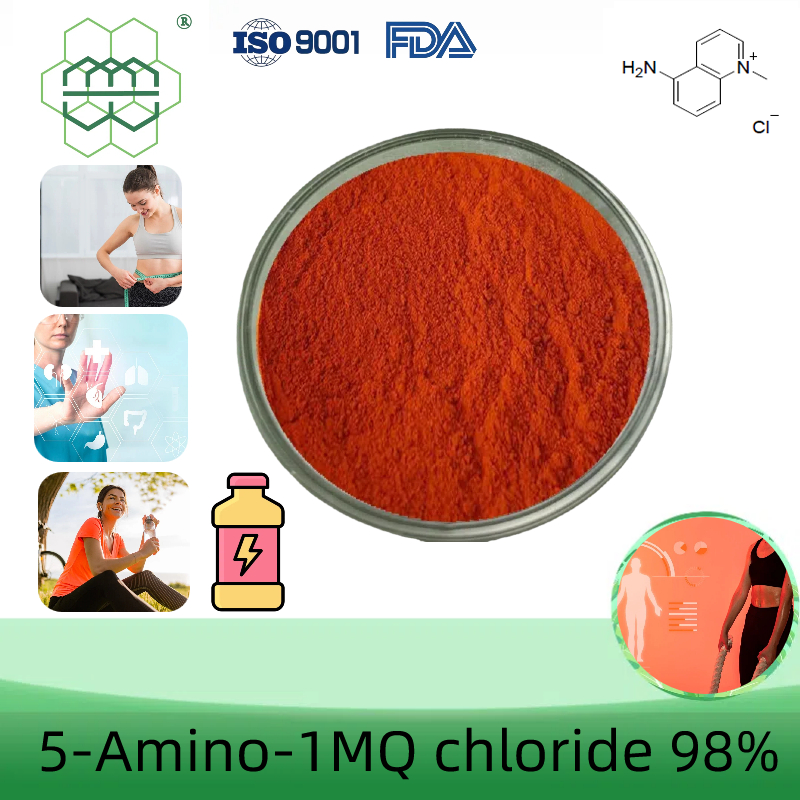Vitamin D plays an important role in preventing macular lesions.
-
Last Update: 2020-09-03
-
Source: Internet
-
Author: User
Search more information of high quality chemicals, good prices and reliable suppliers, visit
www.echemi.com
The U.S.-China Health Products Association .Today, the link between vitamin D and bone health and cancer has been widely demonstrated. A researcher at Buffalo University and his team found that vitamin D plays a vital role in human eye health, especially in preventing age-related macular lesions. Most of these conditions are caused by genetic tendencies leading to visual impairment in women.study by Amy Millen, an associate professor in the Department of Epidemiology and Environmental Health at Buffalo University's Department of Public Health Management, was presented in an August 27 paper published in jama Ophthalmology Online. In the study, they found that women who lacked vitamin D and had a high risk genotype were 6.7 times more likely to develop macular degeneration than normal women..Dr Millen said: "Because carrots are rich in vitamin D, eating carrots to protect eye vision is a household name. Since a single study does not prove a straight-line causal relationship, adequate vitamin D supplementation is only one way to protect the eyes. Although there are many effective ways to support eye health by ingesting enough nutrients. But in our study of vitamin D, we learned that consuming enough vitamin D can help reduce the risk of a high-risk genotype for macular degeneration to some extent. Dr Millen continued, "As far as I know, this experiment on vitamin D is the first study to explore the relationship between genetic risk and vitamin D status in age-related eye diseases. Themacular degeneration is one of the characteristics of macular lesions, which are highly concentrated at the center of the retina, the photoreceptor portion of the eye (the rod cells and the cone cells). According to the U.S. Macular Lesions Foundation, macular degeneration has affected more than 10 million Americans, more than cataracts and glaucosis total. The condition, which is like raindrops on a camera lens, seriously affects the basic vision people need while reading or driving in their daily lives.researchers analyzed data on the relationship between carotene and eye disease at all ages in 1,230 women between the ages of 54 and 74. The study is a large national investment research project and a complementary experiment in the Observational Study of the Women's Health Initiative, which aims to find the main factors that induce death, disability and low quality of life in menotinal women.Buffalo University is one of 40 National Women's Health Initiative Centers, and the University of Wisconsin (Madison), the University of Iowa (Iowa City) and the Kaiser Health Research Center (Portland, Oregon) also participated in the study., the researchers determined the subjects' vitamin D status by analyzing the vitamin D biomarker (hydroxymethylsterol) in the serum sample. When exposed to UV light, human skin can be synthesized with vitamin D, which usually requires at least 10% of the body's skin to be exposed to UV rays for 15 to 30 minutes. In winter, however, people living north of the parallel lines between Washington, D.C., and Los Angeles are exposed to the sun for long enough to maintain vitamin D blood levels because of the low angle of sun exposure. Therefore, vitamin D intake through a daily diet is necessary.long been associated with the development of macular disease, vitamin D can prevent macular degeneration precisely because of its anti-inflammatory and anti-angiogenesic characteristics. Among them, the meaning of anti-angiogenesic is to slow the growth of new blood vessels, and angiogenesia usually appears in the late stages of macular degeneration, it can be seen that vitamin D plays an important role in the prevention of macular degeneration., Dr Millen said: "It is conceivable that if a person has a good concentration of vitamin D blood, will this reduce the immune response of small warts in the veins?" At the same time, it is important to understand whether changes in the association between vitamin D and macular degeneration depend on the genotype risk of a person's macular degeneration. The results suggest that vitamin D deficiency increases the risk of macular lesions, which can have far-reaching effects on specific variations of supplement factor proteins with a high genetic risk. DrMillen stressed: "In a 2011 study published by the Medical Association on dietary intake of vitamin D and calcium, which only concluded on the relationship between vitamin D and bone health, the study did not provide sufficient evidence that the status of vitamin D and its products helped any human tissue other than bones. These studies make up for this deficiency and provide important data support for the role of vitamin D in eye health. "
.
This article is an English version of an article which is originally in the Chinese language on echemi.com and is provided for information purposes only.
This website makes no representation or warranty of any kind, either expressed or implied, as to the accuracy, completeness ownership or reliability of
the article or any translations thereof. If you have any concerns or complaints relating to the article, please send an email, providing a detailed
description of the concern or complaint, to
service@echemi.com. A staff member will contact you within 5 working days. Once verified, infringing content
will be removed immediately.







